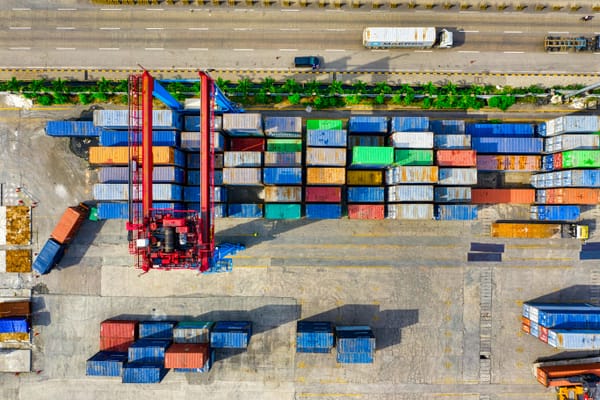Donald Trump’s re-election brings a pivotal shift for AI-focused tech companies, from foundational model developers to industry-specific solution providers. His administration’s deregulation agenda, amplified by the influence of allies like Elon Musk, emphasizes minimal oversight, prioritizing rapid AI innovation over regulatory caution.
For companies across the AI value chain, this means an accelerated pace of development, reduced compliance costs, and fewer federal mandates—significant advantages, especially for emerging players and startups.
However, this light-touch regulatory approach introduces complex strategic risks. Companies will need to balance rapid product rollouts with safeguards against potential liabilities in safety-critical sectors like healthcare and autonomous driving. Similarly, public trust and reputation may hinge on self-imposed ethical standards, as external accountability wanes.
Data infrastructure providers and cybersecurity firms will face heightened security responsibilities without mandated oversight, while support services may see opportunities in advisory roles focused on voluntary compliance.
In an environment where innovation may move at unprecedented speeds, senior executives across AI segments must consider internal safeguards, voluntary accountability, and international compliance to sustain market credibility and competitiveness in a global AI landscape.







